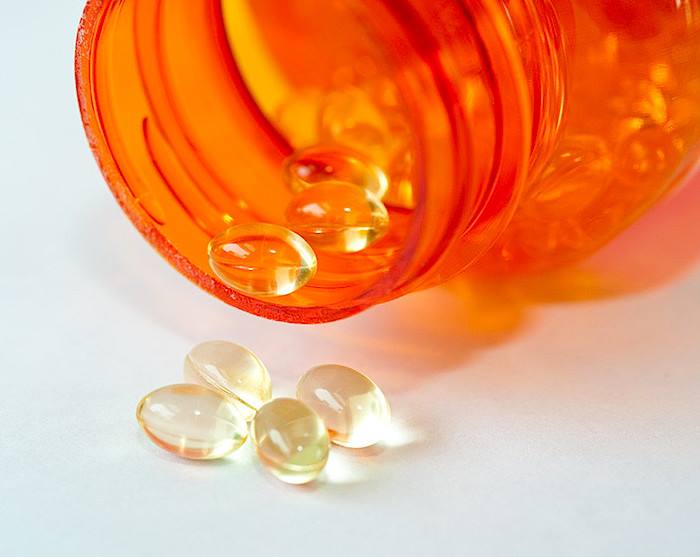The level of vitamin D in our blood should neither be too high nor to low. Scientists from the University of Copenhagen are the first in the world to show that there is a connection between high levels of vitamin D and cardiovascular deaths. In terms of public health, a lack of vitamin D has long been a focal point. Several studies have shown that too low levels can prove detrimental to our health. However, new research from the University of Copenhagen reveals, for the first time, that also too high levels of vitamin D in our blood is connected to an increased risk of dying from a stroke or a coronary.
The results have just been published in the Journal of Endocrinology and Metabolism.
“We have studied the level of vitamin D in 247,574 Danes, and so far, it constitutes the world’s largest basis for this type of study. We have also analysed their mortality rate over a seven-year period after taking the initial blood sample, and in that time 16,645 patients had died. Furthermore, we have looked at the connection between their deaths and their levels of vitamin D,” Professor at the Department of Clinical Medicine, Peter Schwarz explains.
The conclusion is clear: the study confirms that there is indeed a correlation between mortality rates and too low levels of vitamin D, but the new thing is that the level of vitamin D can also be too high.
“If your vitamin D level is below 50 or over 100 nanomol per litre, there is an greater connection to deaths. We have looked at what caused the death of patients, and when numbers are above 100, it appears that there is an increased risk of dying from a stroke or a coronary. In other words, levels of vitamin D should not be too low, but neither should they be too high. Levels should be somewhere in between 50 and 100 nanomol per litre, and our study indicates that 70 is the most preferable level,” Peter Schwartz states.
That having too much vitamin D in our blood can be bad for our health has never been proven before, and it may have great influence on our future intake of nutritional supplements.
“These are very important results, because there is such great focus on eating vitamin D. We should use this information to ask ourselves whether or not we should continue to eat vitamins and nutritional supplements as if they were sweets. You shouldn’t simply up the dose to feel better. We should only consume such vitamins in close coordination with our GP,” Peter Schwartz concludes.
Source: D. Durup, H. L. Jørgensen, J. Christensen, P. Schwarz, A. M. Heegaard, B. Lind. A Reverse J-Shaped Association of All-Cause Mortality with Serum 25-Hydroxyvitamin D in General Practice: The CopD Study. The Journal of Clinical Endocrinology & Metabolism, 2012; 97 (8): 2644 DOI: 10.1210/jc.2012-1176
Journal Link: http://












